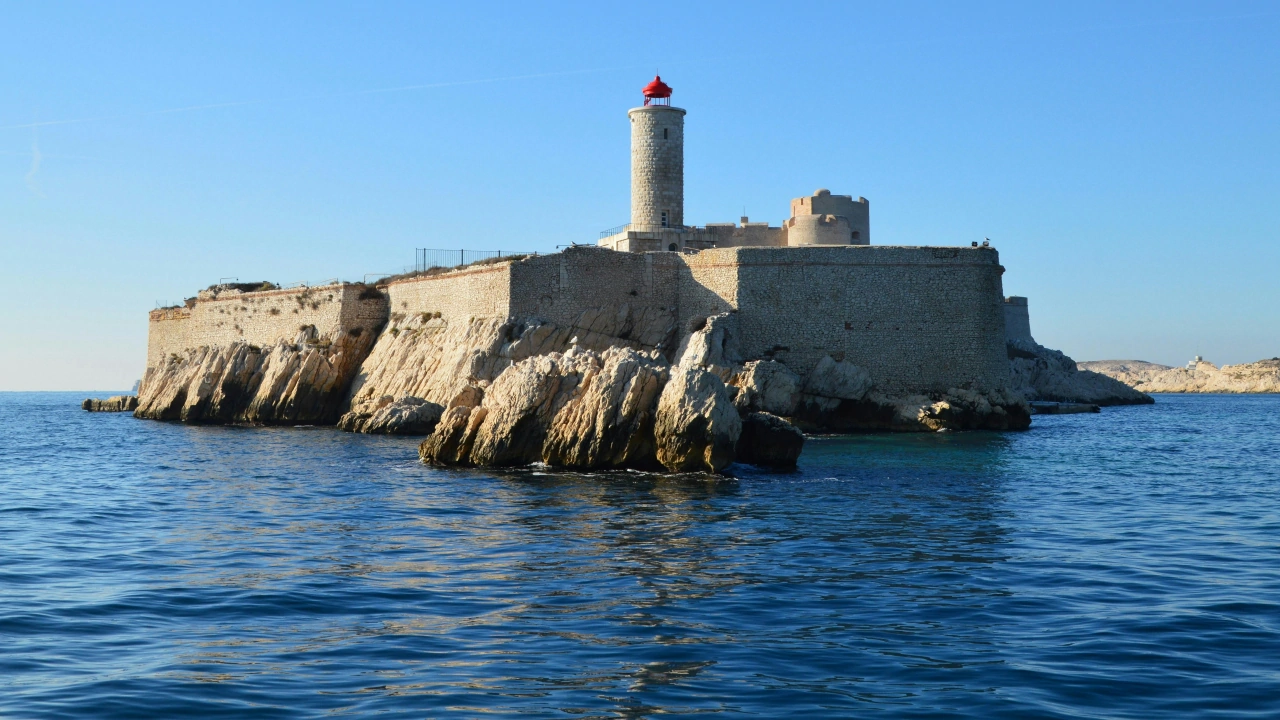The Count of Monte Cristo, by Alexandre Dumas
A review of Alexandre Dumas' masterpiece, The Count of Monte Cristo

I cannot believe the pace with which I flew through this book. A classic that is gripping and entertaining but at the same time full of depth. I think it might even win over Les Misérables and become my new favorite work in French literature.
The story begins in 1815 Marseille, the day Napolean leaves his first exile at the isle of Elbe. Edmond Dantès was a young man with a promising life ahead of him. About to marry the woman he loved and be promoted as a ship captain… Yet others envied him these prospects and devised a scheme to frame him as a Bonapartist agent. Falsely accused of treason, Edmond is arrested and imprisoned without trial in the Château d’If. After years of solitude he befriends a fellow prisoner, Abbé Faria. Upon hearing Edmond’s story, the wise man correctly deduces the three culprits standing behind his wrongful imprisonment. Edmond’s romantic rival Fernand Mondego, envious crewmate Danglars, and the deputy crown prosecutor De Villefort.
Edmond’s journey as a character is masterfully crafted. He begins as an innocent, good-natured young man with the prospect of a happy and prosperous life ahead of him. Never would he even suspect that others might be plotting against him to destroy his future… Then, during the years of unjust imprisonment in the Chateau D’If, thanks to Abbe Faria’s assistance he reaches clarity and discovers the truth behind the cruel turn of events that led him to prison. And as soon as his eyes are opened, his heart begins to burn with a desire for vengeance. When he learns from his prison friend about a great treasure hidden on the Isle of Monte Cristo, his desire to live is rekindled. Not only does he decide to escape, but also to unearth the treasure and use his new fortune towards the destruction of the three men responsible for his 14 years of incarceration.
What follows is a chronicle of his return into the world as the rich and mysterious Count of Monte Cristo, ready to see his enemies pay back for the misery they inflicted upon him. He weaves his way into the fashionable Parisian society of the 1830s, drawing closer to the men he seeks to destroy.
Dumas masterfully pulled together various seemingly unrelated plot threads into a cohesive whole. Some might say there are too many coincidences but perhaps this is just a reflection of Monte Cristo’s thoroughly planned manipulation game. He manages to sneak his way into the lives of those who once ruined his, without them even suspecting anything, least of all that vengeance is about to strike after years. A breathtaking atmosphere kept me wondering what scheme Edmond had prepared as his next move. With every page I wanted justice to be served, but at the same time feared that innocent people would be harmed in the process…
Despite vengeance overtaking his soul, Monte Cristo’s character was nuanced. There was a tender side of his heart for those who were once good to him. I was particularly touched by his fatherly protection over Maximilien Morrel, the son of his employer who had once done all that was in his power to help set young Edmond free. Monte Cristo not only delivered vengeance - he also showed honest gratitude and love.
Did all this vengeance lead to satisfaction? Or rather to bitterness and guilt at having pushed too far beyond the limits of justice?
In the last pages I noticed a second transformation within Monte Cristo, as he recognized the pride that had consumed him for several years. He believed himself to be acting on God’s behalf, delivering punishment to miserable beings who deserved it. But were all his actions truly warranted? Equating his retribution with the hand of the Almighty, he became blinded and relentless. Reflecting upon all the consequences of Monte Cristo’s schemes left me wondering wherein lies the limit between justice and vengeance. Even through all the suffering endured, Monte Cristo realizes that his self-righteousness led him too far.
Still, hope is not extinguished and the chance for a new life appears on the horizon.
All human wisdom is contained in these two words: wait and hope.
Tags:- |
book-review |